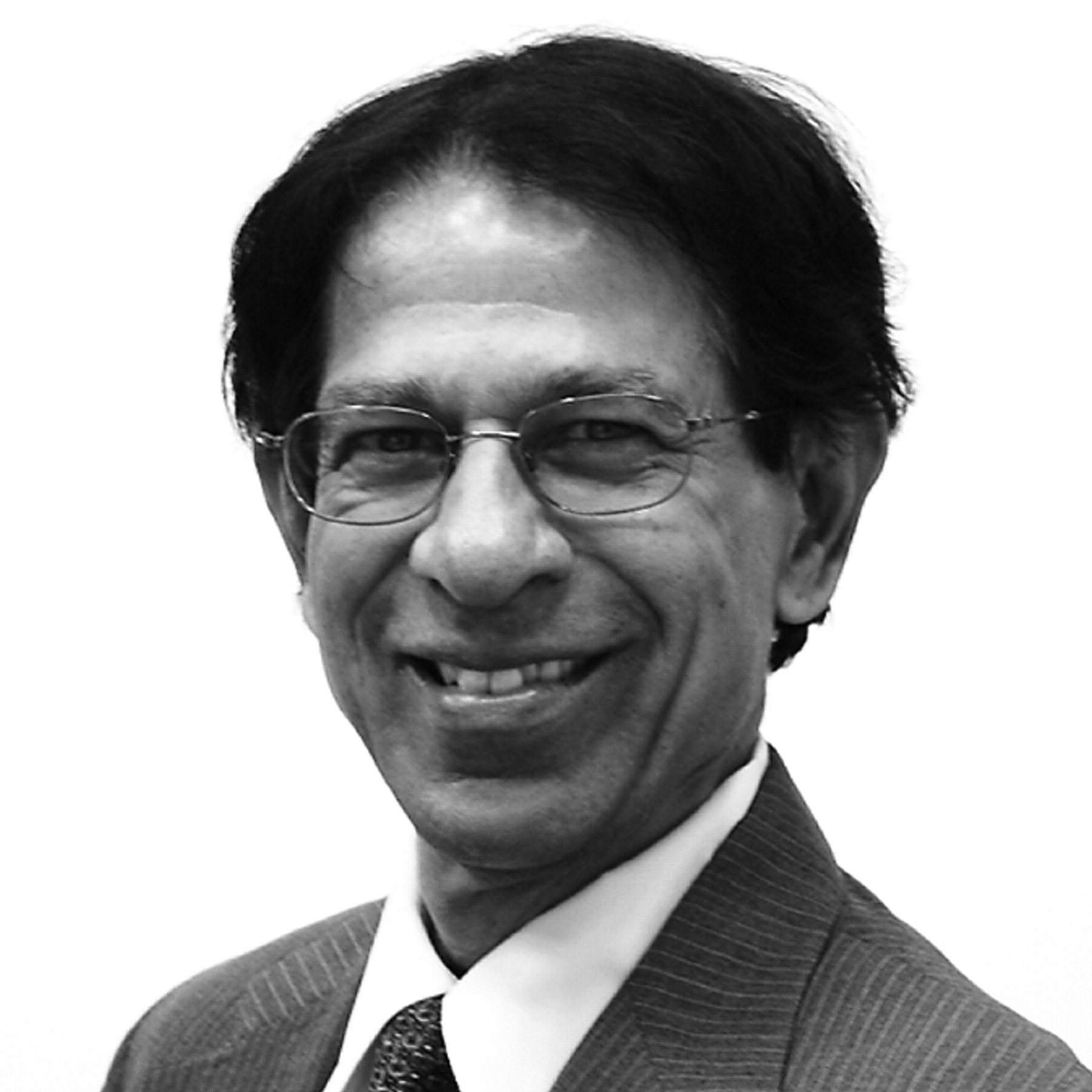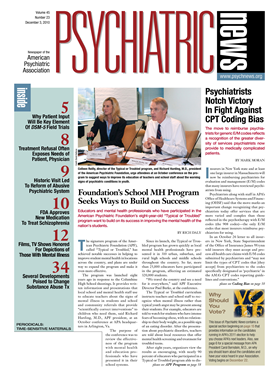I am honored to be a candidate for APA president-elect. We are in the midst of exciting scientific and technological advances, evolving health care reform, and economic restructuring. APA needs a strong leader with passion to rejuvenate the organization. My personal and professional experiences have prepared me to take on such a role. I was born in a village in India and became the first Jeste to go to medical school. My wife and I immigrated to the U.S. with relatively few resources other than a desire to learn and grow. I studied at Cornell (psychiatry), George Washington University (neurology), and National Institutes of Health (research). Since joining it as a resident, APA has been an integral part of my professional life. I am a psychiatrist specializing in psychotic disorders and geriatrics, and am privileged to be one of about 60 psychiatrists across the world elected to the Institute of Medicine. My wife is a child psychiatrist, and we have two daughters, both studying medicine.
I have broad-based experience as a clinician, researcher, teacher, advocate, and leader. I established a geriatric psychiatry division at UCSD that partners with a large public mental health system. My research has spanned from neuroscience to community psychiatry, and from schizophrenia to healthy aging. I have mentored over 200 young trainees, many of them women and members of underrepresented minority groups, who have developed successful professional careers. I have visited Capitol Hill to lobby for mental health parity. As their president, I have worked hard to shape several psychiatric organizations (including the American Association for Geriatric Psychiatry), in ways that enhanced their missions.
I have no financial relationship with industry.
My priorities as APA president would include:
■ Ensuring that no psychiatric patient is left behind: There is no health without mental health. I will forcefully advocate to ensure quality mental health care by qualified providers for all those who need it—including children, older adults, veterans, and underserved minorities.
■ Working to improve the environment in which psychiatry is practiced: I will work on issues facing practicing psychiatrists such as adequate reimbursement, scope of practice, electronic health records, maintenance of certification, and industry relationships.
■ Feeling the pulse and responding to the needs of grassroots membership: I will reach out to individual APA members and district branches via enhanced interactive electronic communication and networking.
■ Promoting diversity: I will form a think tank to bring together experts from within and outside APA and charge them with proposing creative and practical plans of action to make the APA leadership representative of the U.S. psychiatric community. I will work strenuously to implement these proposals with clearly defined timelines.
■ Helping develop future leaders: I will make a concerted effort to expand mentorship and early leadership opportunities for members-in-training and early career psychiatrists—the future of our profession.
■ Improving collaboration with psychiatric subspecialties: I will work with various subspecialty organizations in psychiatry to facilitate discounted dual membership, joint advocacy, and ongoing dialogue on issues of mutual concern.
I would welcome the privilege of serving as APA president and ask for your support. Working together, we can help APA fulfill its mission of “being the voice and conscience of psychiatry.”
Primary Professional Activities and Sources of Income
Professional Activities
90%—Administration, clinical work, research, and teaching at the University of California, San Diego School of Medicine and Veterans Affairs San Diego Healthcare System
10%—Editorship of the American Journal of Geriatric Psychiatry, grand rounds, and other lectures at universities
Income
70%—University of California, San Diego, School of Medicine
18%—Veterans Affairs San Diego Healthcare System
12%—Editorship of the American Journal of Geriatric Psychiatry, grand rounds, and other lectures at universities

